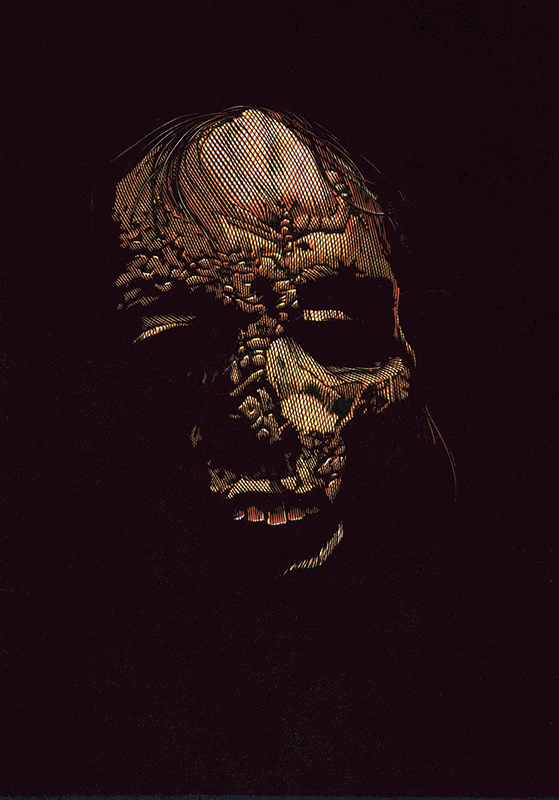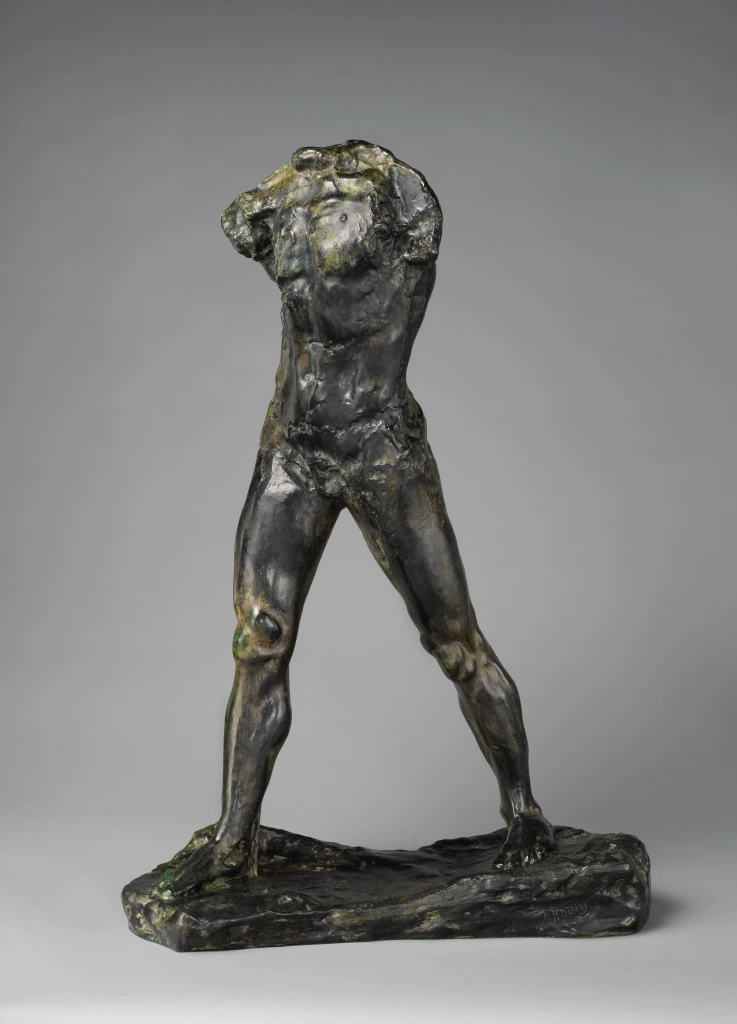I have a new novelette in the November issue of Clarkesworld: “The Language Birds Speak.” It’s about parental anxiety. And communication. And the way having a child changes the way you understand your own childhood. I started this story when my son was an infant, so three or more years ago, but only finished it in September and it’s another attempt to describe the strange mental transformations of motherhood. It’s also about children, too, and the neurological consequences of neglect, which I read about while my son was in utero. In those months I learned that we are creatures of collaboration: that we quite literally create one another as we interact. The hormonal changes of pregnancy transformed my brain. All the songs and cuddles and nose-boops of babyhood changed my son’s brain, too.
She’d been bent over a smartphone, absorbed, her face unresponsive. He’d been six months old, dozing in her lap, and seen that blank nightmare mask of a mother. Her disregard had permanently scarred him. The core trauma of his life already underway and unstoppable: parents so busy with their work and themselves that he, little visitor, found himself too often alone, a social animal in unnatural isolation, like an orca in a tank at Sea World. Or a rhesus monkey snatched from his mother and consigned to the stainless-steel pit of despair, surrounded by nothing but the distortions of that mirror, the reverberating cries of his isolation. For science.
“The Language Birds Speak”
The story is also about how we process sensory information, or fail to process it, or ignore it. It’s the most I’ve ever written about misophonia, and the terrible skinlessness I can feel when my senses overload. It’s about instinct and insight, too, and about fear.
But it’s hard to write about any of these things– the first wordless communications of infancy, the painful brain-overload of misophonia–through language, since the whole point of the story is that profound experiences resist language. I kept thinking of incompletely-remembered French feminist theory from undergrad, especially Julia Kristeva’s “the Semiotic.” The idea that meaning and language don’t exactly intersect, and that communication is far more elusive than black words on a white page. The idea of an original, divine language: Enochian, Adamic, the language birds speak.
The answer lay not in theory, but in poetry. For years I have loved Anne Carson’s translation of the Sappho fragments, If Not, Winter, not only for the words on the page, but also for the way she represents absence in her text, using square brackets [ ]. Framing the white space that way gives me such a wonderful, thrilling sense of possibility, that meaning spreads out from the words that survive, rather than being limited to them. That’s where I found the tools I needed to write this story.











